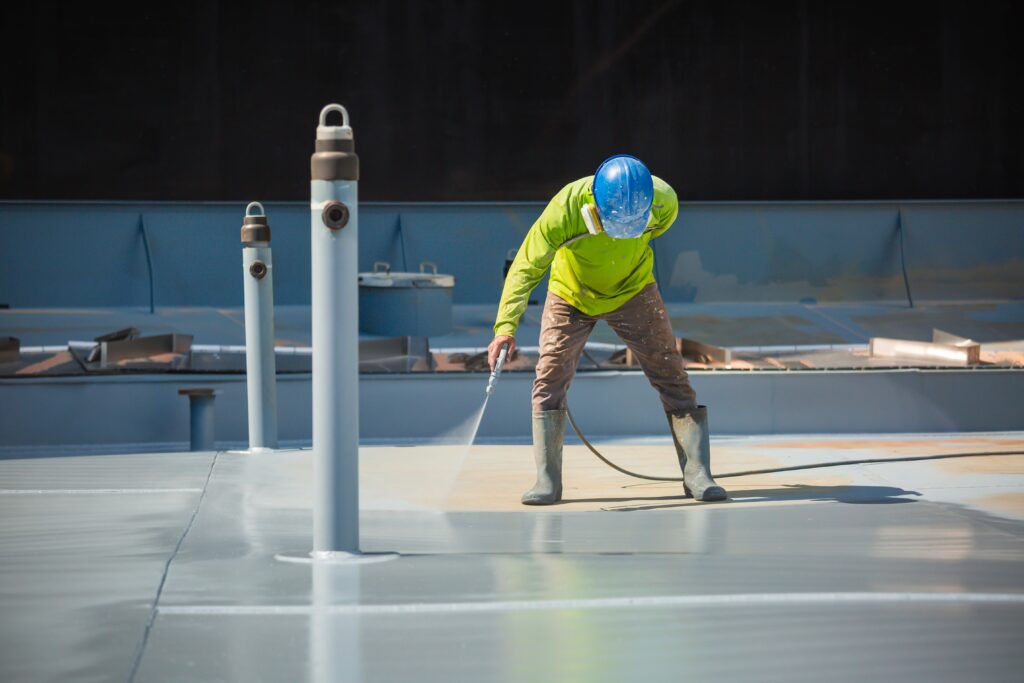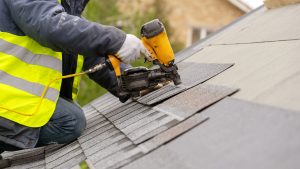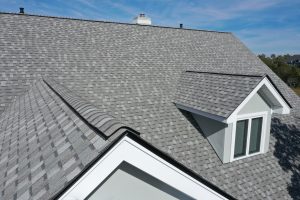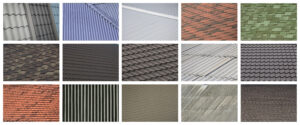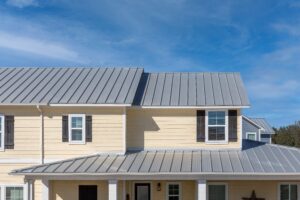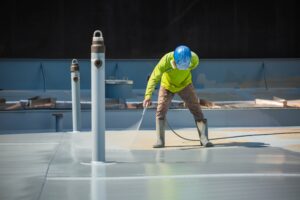
*Updated August 21st, 2025
A roof serves as a home’s first line of defense against the elements. Over time, exposure to sun, rain, and extreme temperatures can take a toll on your roof, leading to cracks, leaks, and other damage. Applying a roof coating is an effective way to extend the life of your roof and improve its durability. This is your ultimate guide to choosing the right type of coating for your home or commercial roof.
The Importance of Roof Coatings
High-quality roof coating systems offer a range of benefits, including:
-
Extending roof lifespan by protecting against damage and wear
-
Improving energy efficiency through reflection of UV rays and reduced heat absorption
-
Preventing leaks and water damage, which can lead to costly repairs or roof replacement
-
Enhancing appearance with a fresh, clean look
-
Saving money long-term by avoiding premature roof restoration or replacement
By choosing the right roof coating, you can protect your roof and ensure it remains a reliable barrier for your home or building.
Silicone Roof Coating: Durability and Flexibility
Silicone roof coatings are among the most durable options available. Made from high-quality silicone polymers, they provide superior UV resistance and weather protection, preventing cracking, peeling, or deterioration. Their flexibility allows for expansion and contraction with the roof structure, even in cold temperatures.
Silicone roofing also offers excellent reflectivity, helping to keep homes and flat roofs cooler while lowering energy bills. Compared to other coating types, silicone roof coatings provide long-lasting performance. However, they require a clean, dry roof surface for proper adhesion and often come with a higher price tag than acrylic or polyurethane options.
Acrylic Roof Coating: Affordability and Ease of Use
Acrylic coatings remain a popular choice for many homeowners. As a water-based acrylic coating, they are easy to apply with brushes, rollers, or spray equipment. Acrylic roof coatings offer strong UV resistance and reflectivity, helping protect the life of your roof from sun damage.
These coatings are low-maintenance and can be recoated to extend their lifespan. However, they are less durable than silicone coating or polyurethane and may not be suitable for roof types prone to ponding water.
Polyurethane Roof Coatings: Toughness and Longevity
Polyurethane coatings are known for toughness, versatility, and impact resistance. These elastomeric coatings adhere well to a variety of roofing material substrates, including metal roofs, concrete, and single-ply membranes.
Available in two types of polyurethane—aromatic and aliphatic—they are often used together for maximum protection. They withstand heavy foot traffic and mechanical damage, making them ideal for commercial roof applications. They also provide excellent chemical resistance, an important factor in industrial environments.
Factors to Consider When Choosing the Right Roof Coating
When selecting a coating for your roof, consider the following:
-
Type of roof: Asphalt, metal, or single-ply each require specific coating applications
-
Climate: Areas with intense UV rays, heavy rain, or extreme temperatures demand stronger coatings are formulated for those conditions
-
Roof size and roof structure: Larger roofs may benefit from elastomeric options for flexibility
-
Budget: Silicone may cost more but offers longer performance compared to acrylic elastomeric coatings
-
Desired lifespan: Longer-term investment may require silicone, while shorter-term needs may suit acrylic
-
Roof maintenance and repair needs: A coating is effective only if the roof is in good condition before application
By knowing your roof type and goals, you can choose the best solution.
Different Types of Roof Coatings Available
When you learn about types of coatings, you’ll find that coatings are made for different needs. Some of the most common types of roof coatings include:
-
Silicone roof coating – unmatched durability and weather resistance
-
Acrylic coating – affordable and reflective
-
Polyurethane coatings – impact-resistant and long-lasting
-
Elastomeric roof coating – flexible and adaptable for a variety of roof systems
These coatings are highly effective in extending the life of your roof and are often part of a roof coating systems approach to long-term roof maintenance and repair.
Popular Roof Coating Brands
If you’re looking to discover the best products, here are some leading coating manufacturers:
-
Henry – Offers silicone, aluminum, and acrylic coating options known for durability
-
Gaco – Specializes in silicone roofing and polyurethane solutions for best commercial applications
-
Armor – Includes shingle and tile coating option for unique roof styles
-
American WeatherStar – Produces both silicone and acrylic roof coatings for roofing systems
Other high-quality roof products are available from Lucas, UltraShield, and RoofMate.
Conclusion: Choosing the Best Roof Coating for Your Roof
When it comes to choosing a roof coating, the right decision depends on your roofing material, budget, and performance needs.
-
Silicone coating offers unmatched durability and long-term UV resistance
-
Acrylic roof coatings are cost-effective and easy to apply
-
Polyurethane coatings deliver strength and toughness for industrial or commercial roof use
By weighing these types of coatings available and consulting a roofing professional, you can choose the best product to extend roof life and keep your home protected for years.
FAQs
1. How long do roof coatings last?
Silicone roof coatings can last 20+ years, acrylic coating lasts 5–10, and polyurethane coatings 10–15.
2. Can coatings be applied to an existing roof?
Yes, many coatings can significantly extend the life of your roof if the existing roof is in good condition. Otherwise, a roof replacement may be necessary.
3. Are roof coatings eco-friendly?
Yes, many coatings are created with low-VOC materials. Coatings can also improve energy efficiency by reflecting UV rays and reducing cooling needs.
Additional Roofing Resources
- Flat Roof Replacement Cost
- Tile Roofing: Advantages and Drawbacks
- Best Roofing Materials for Hot Climates

Anna has over six years of experience in the home services and journalism industries and serves as the Content Manager at MyHomePros.com, specializing in making complex home improvement topics like HVAC, roofing, and plumbing accessible to all. With a bachelor’s degree in journalism from Auburn University, she excels in crafting localized, comprehensive guides that cater to homeowners’ unique needs. Living on both coasts of the United States has equipped her with a distinctive perspective, fueling her passion for turning any house into a cherished home through informed, personalized decision-making.
Connect with top-rated local contractors who can help you with siding, roofing, HVAC, windows, and more. Get free quotes from verified professionals in your area today.

